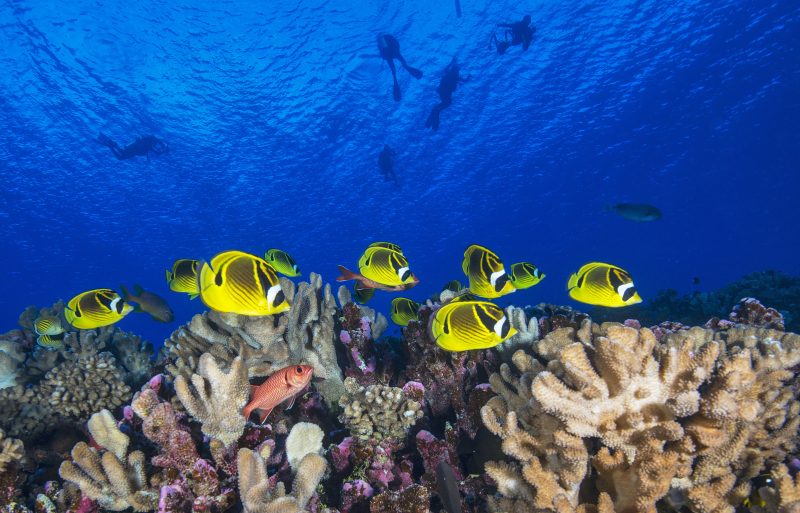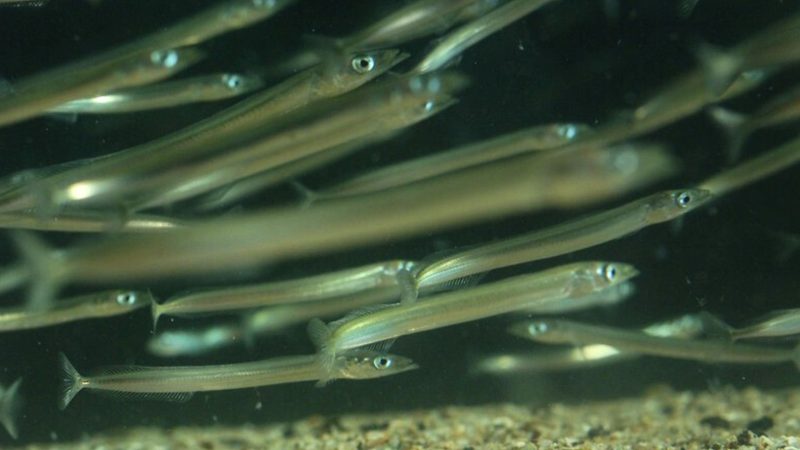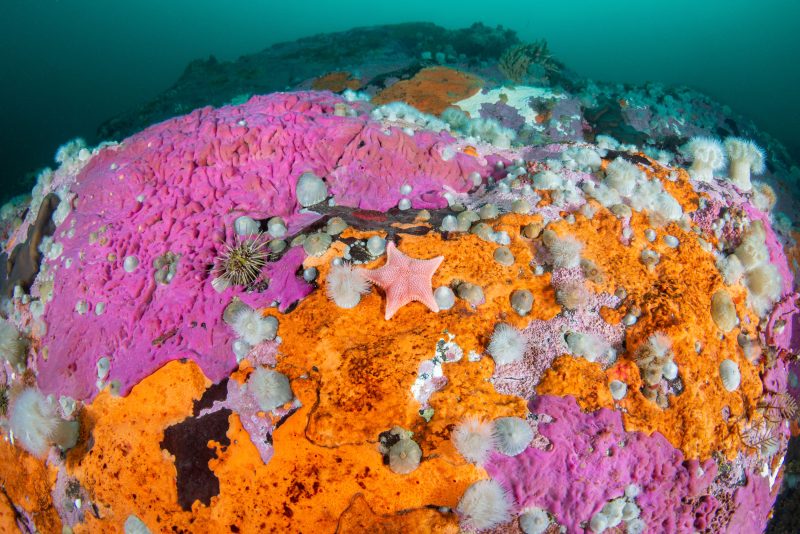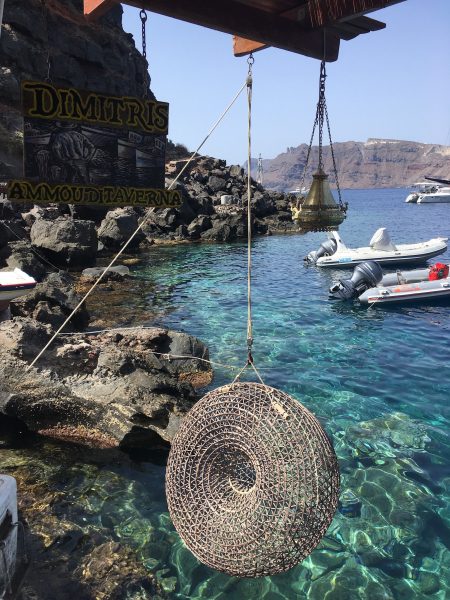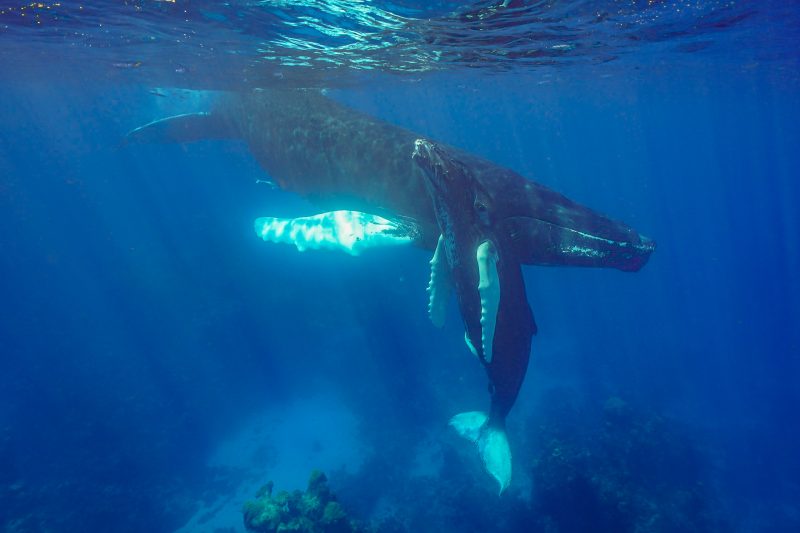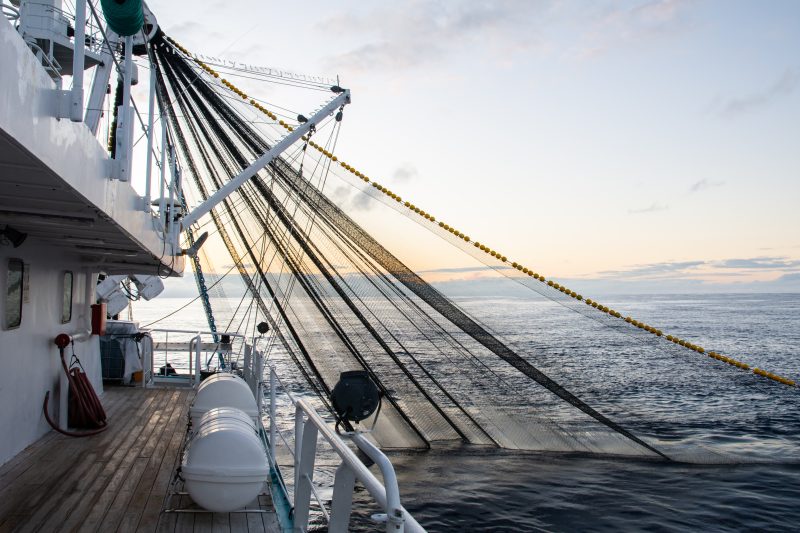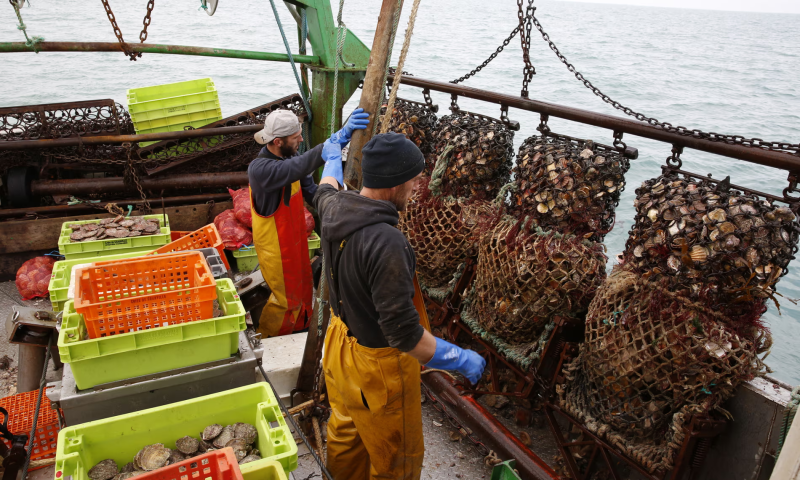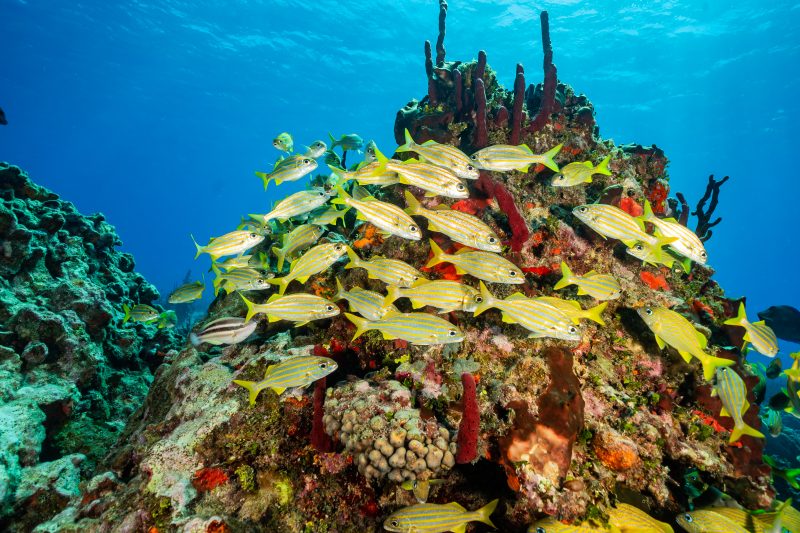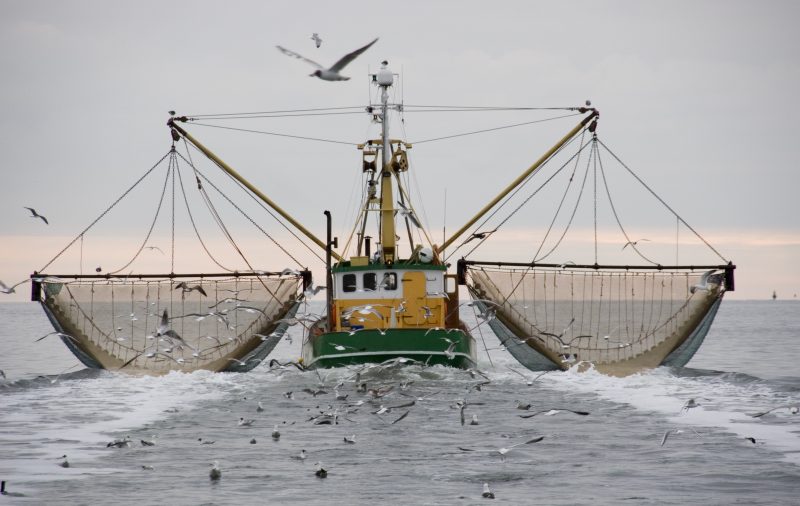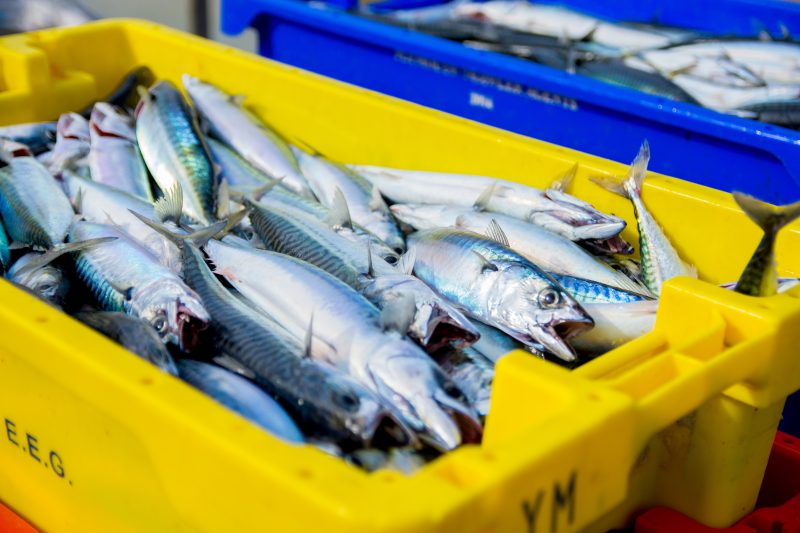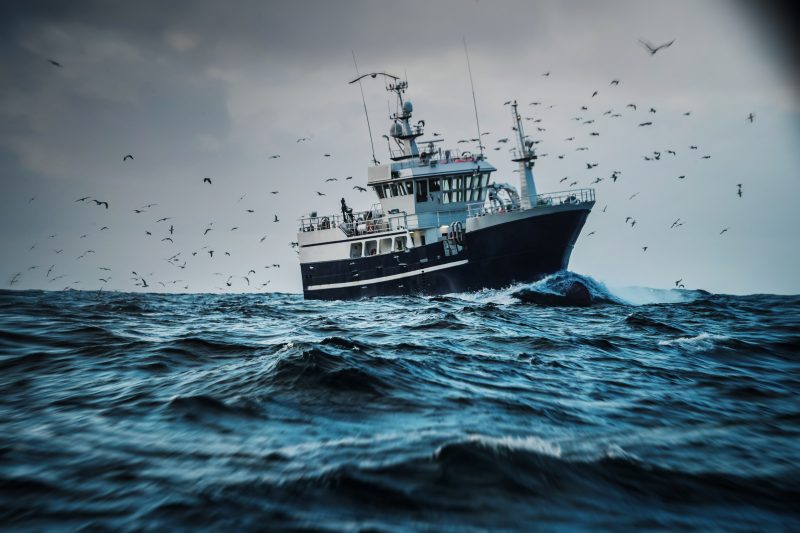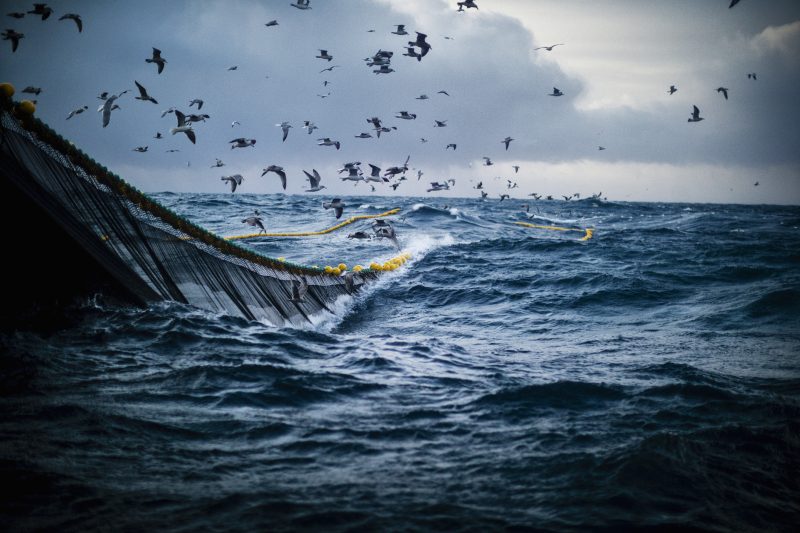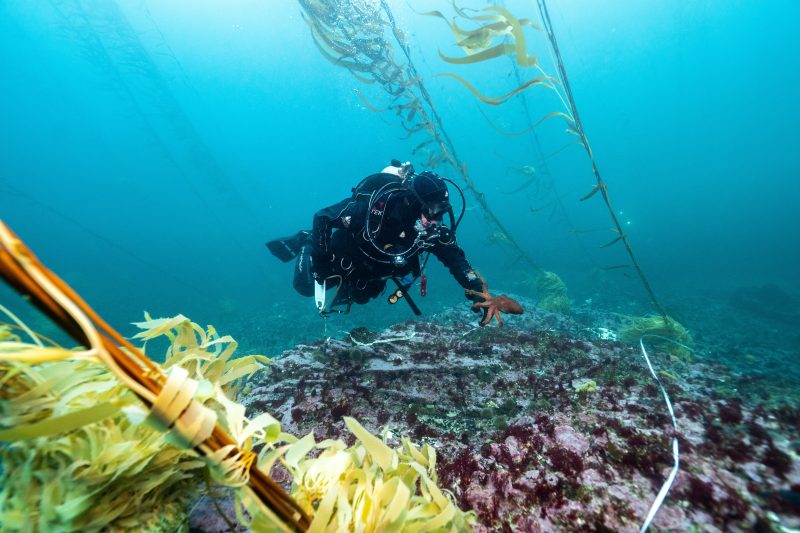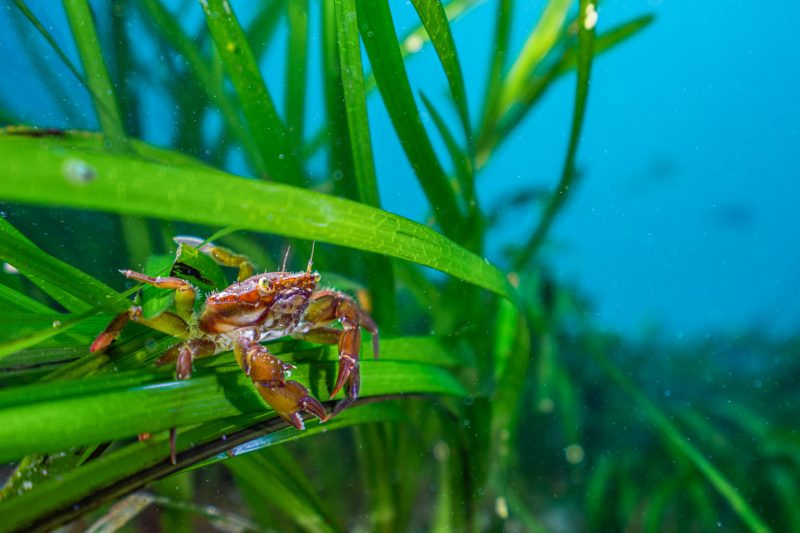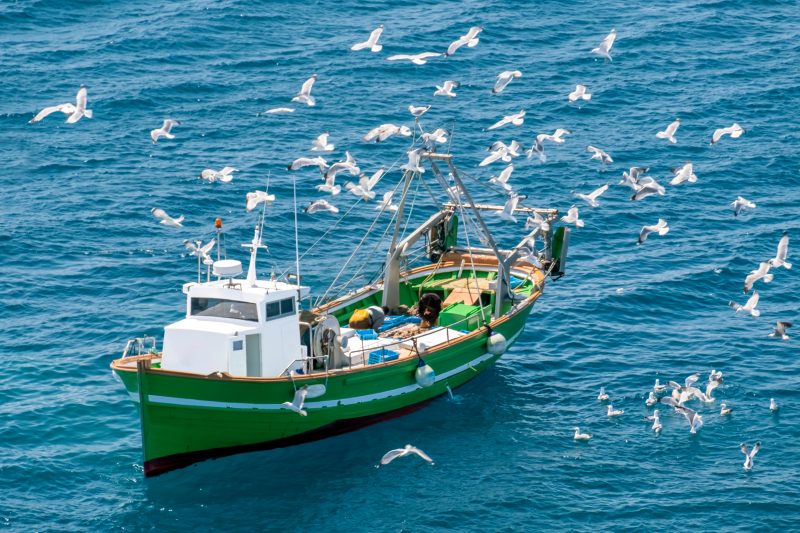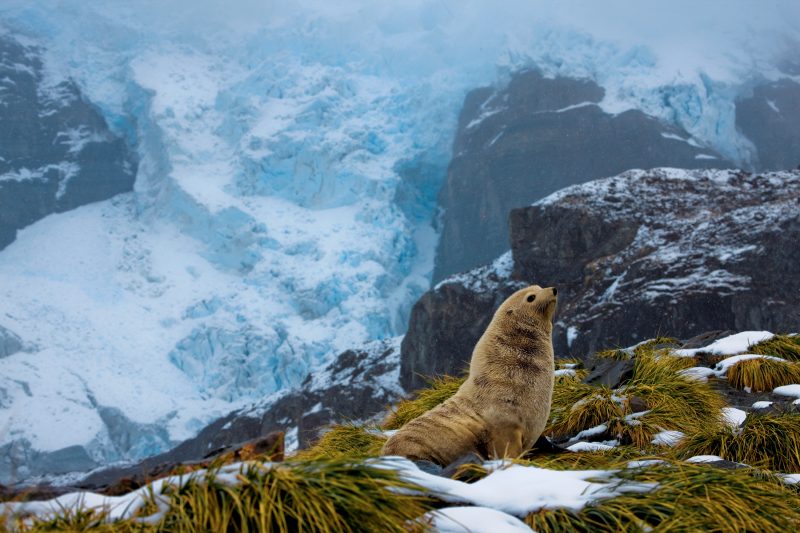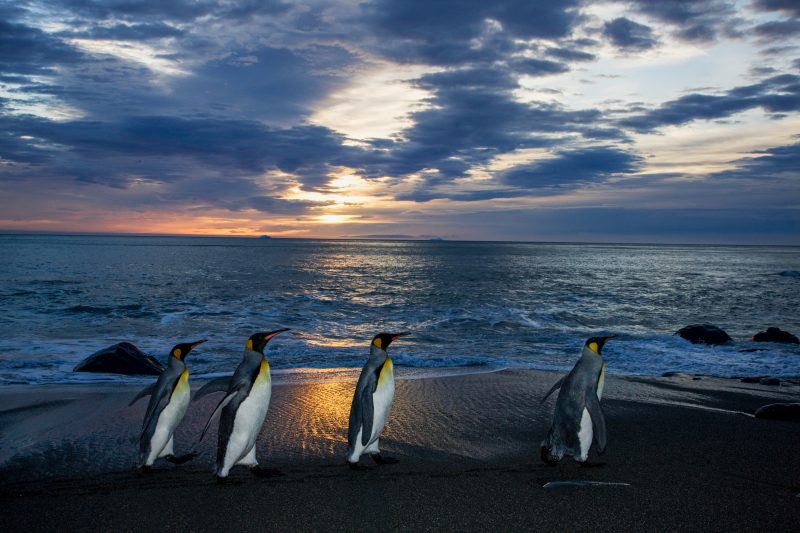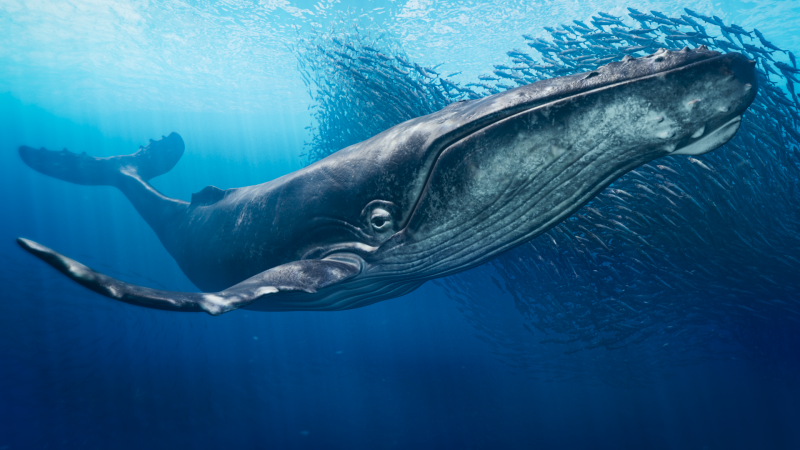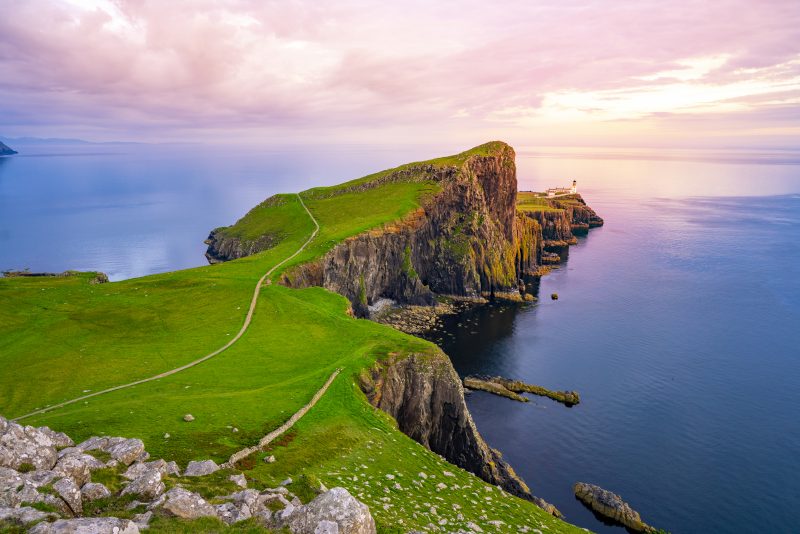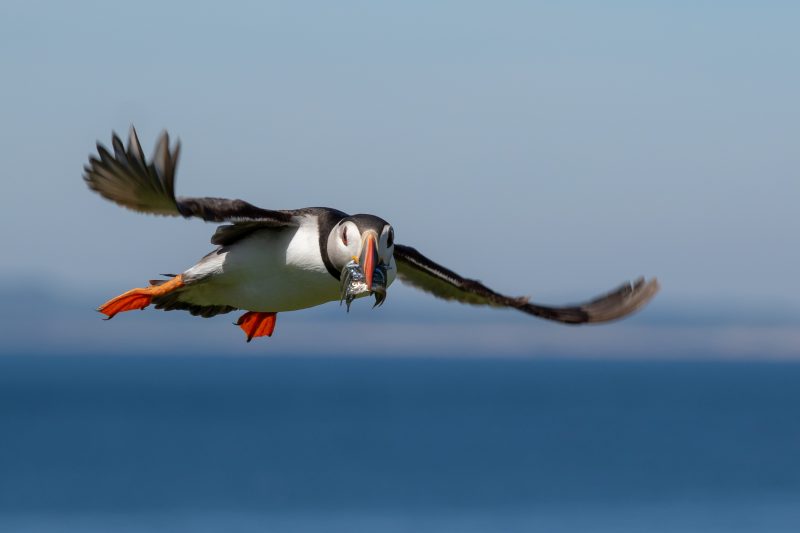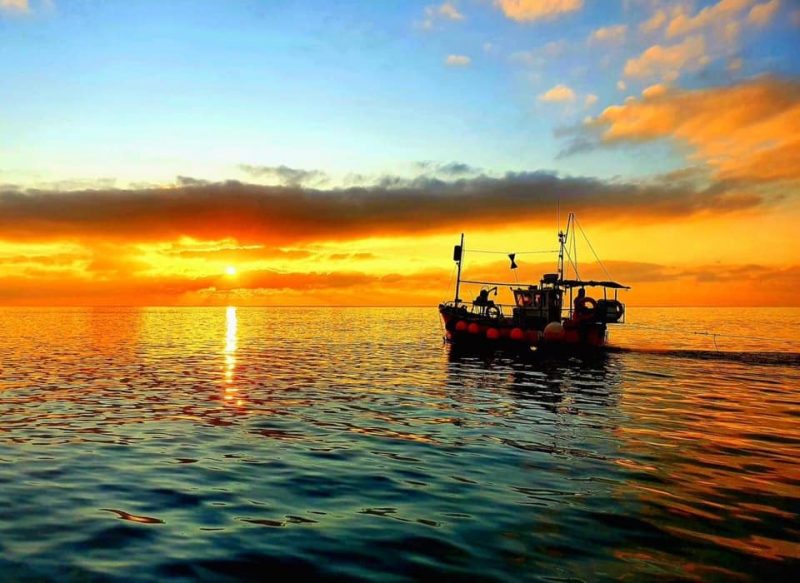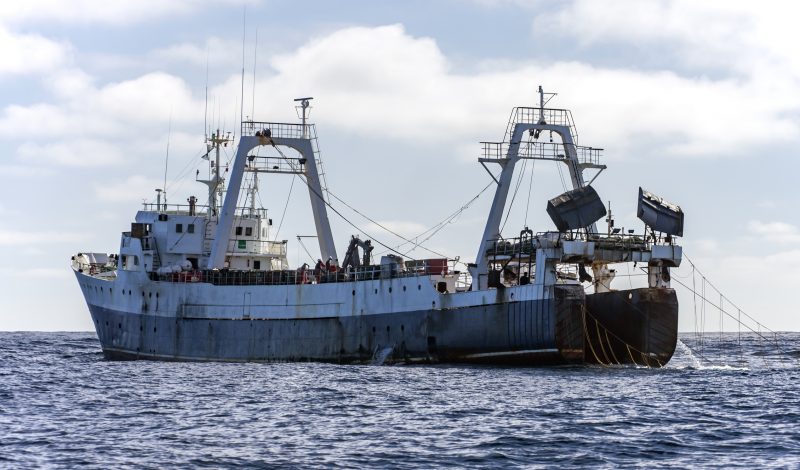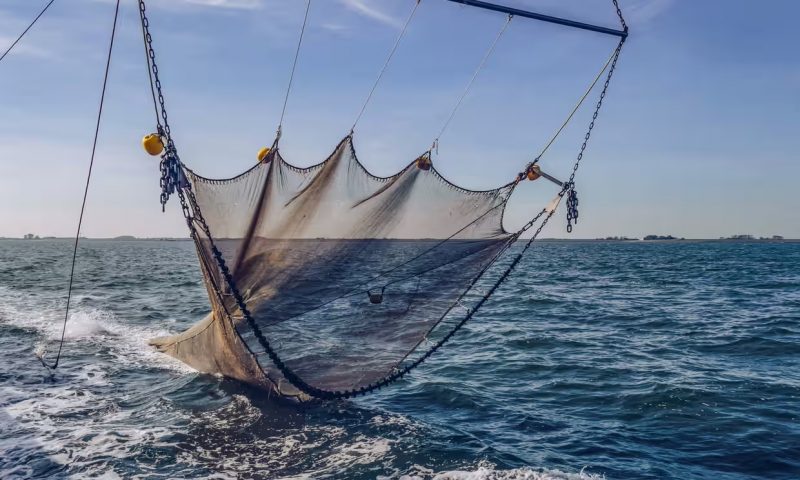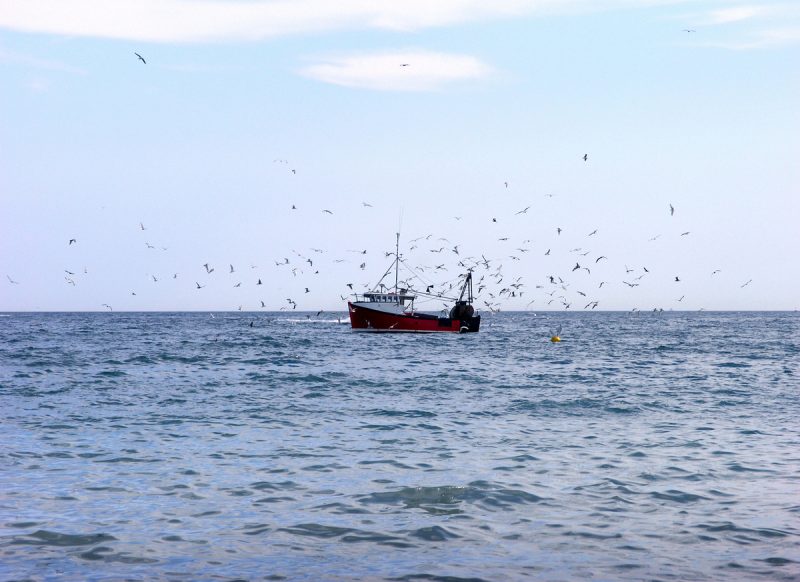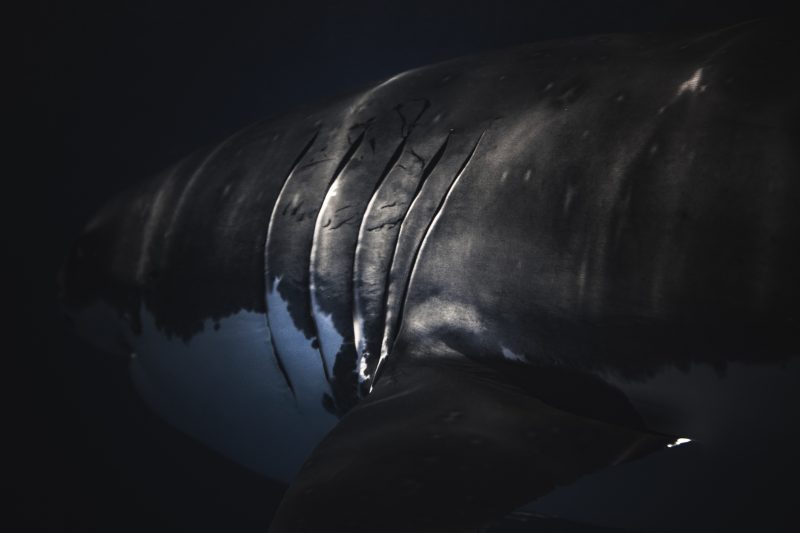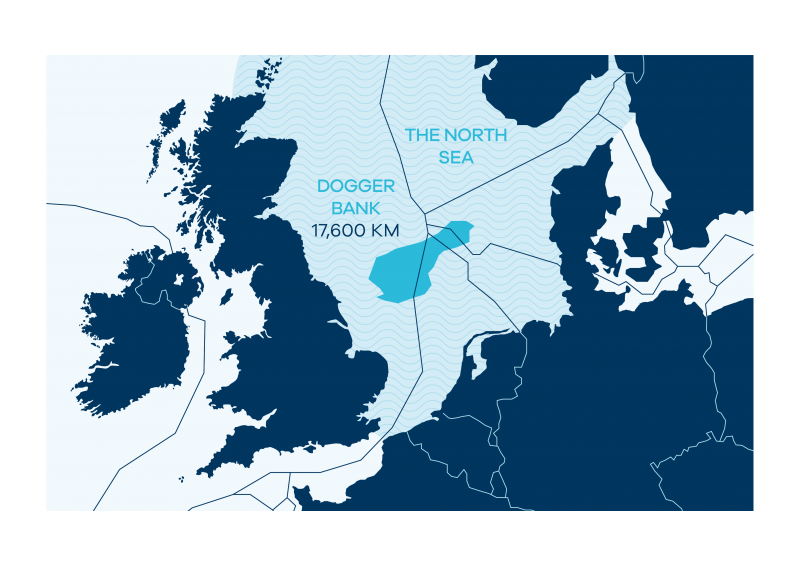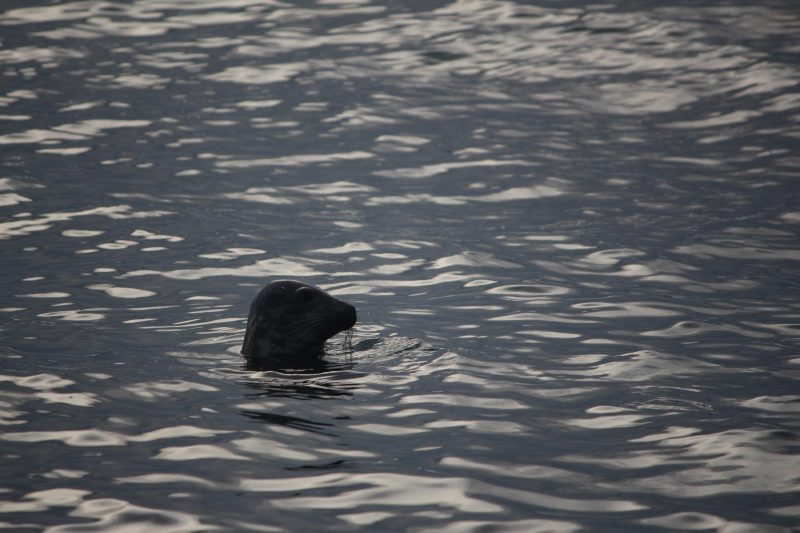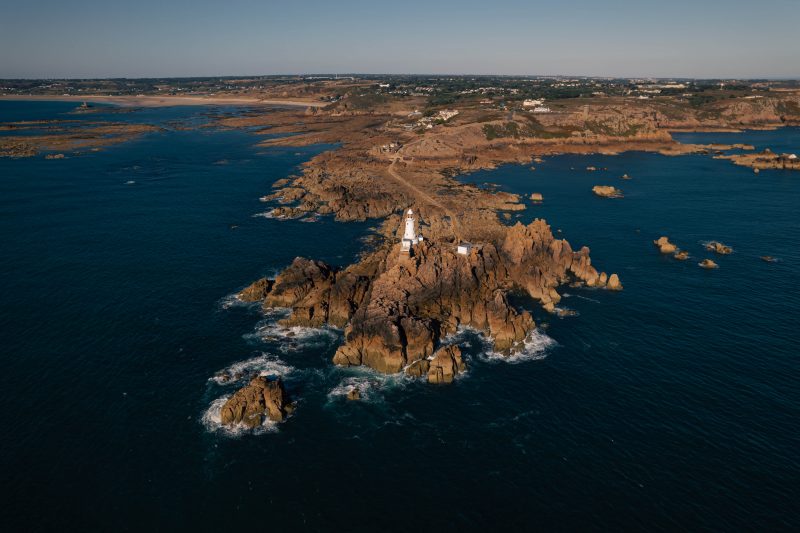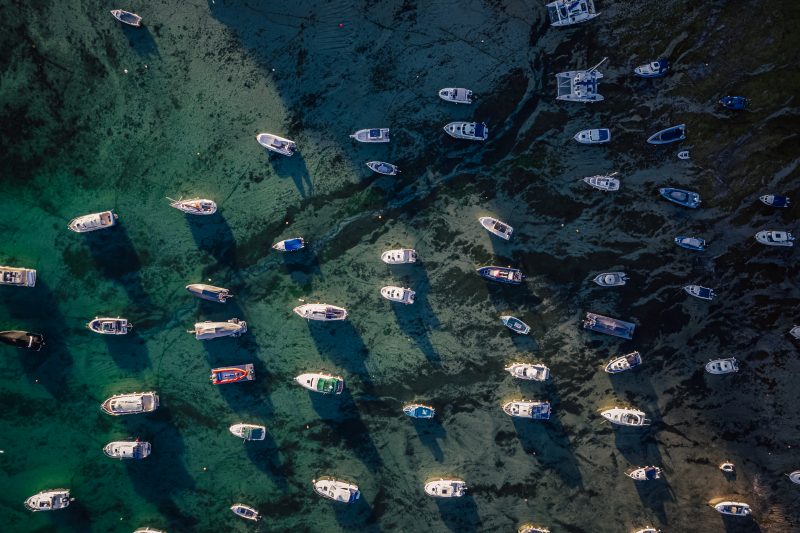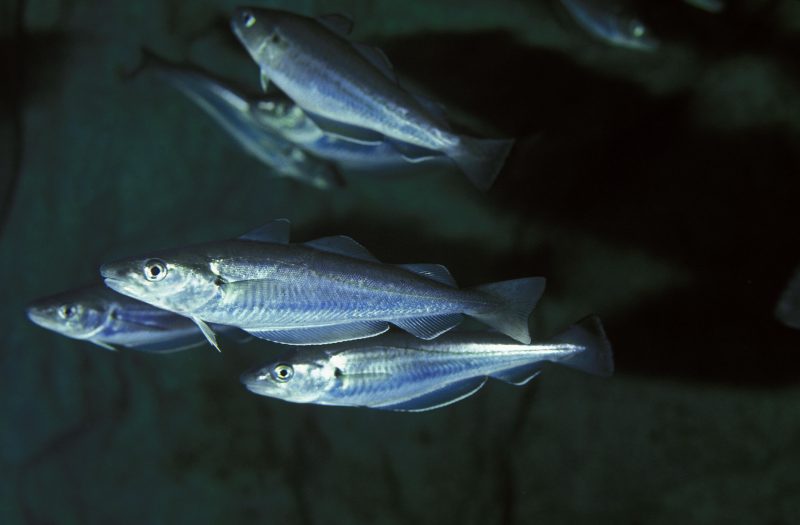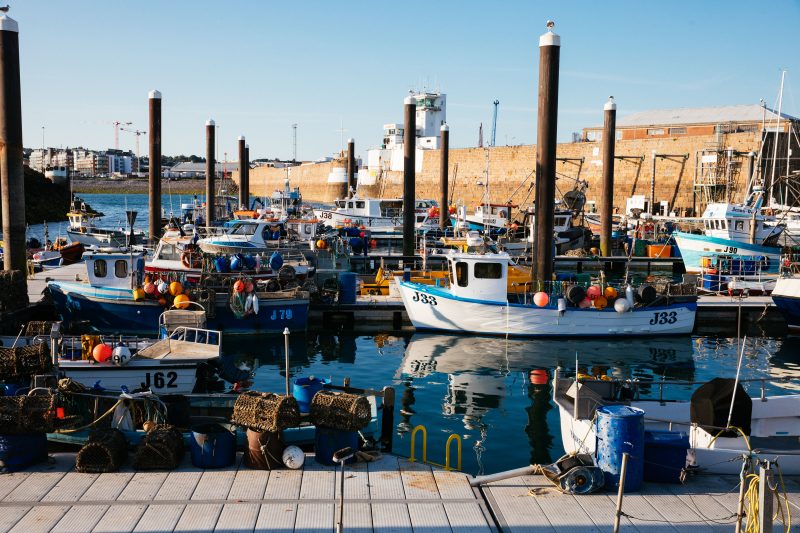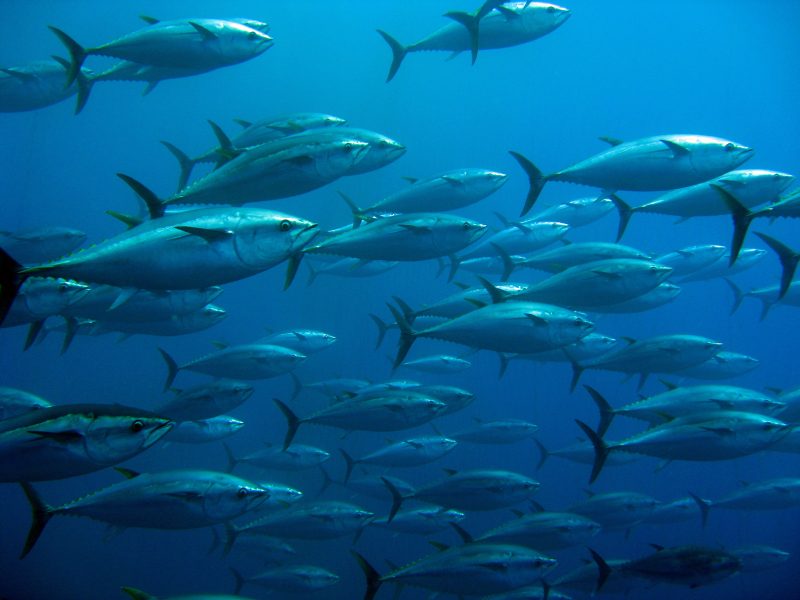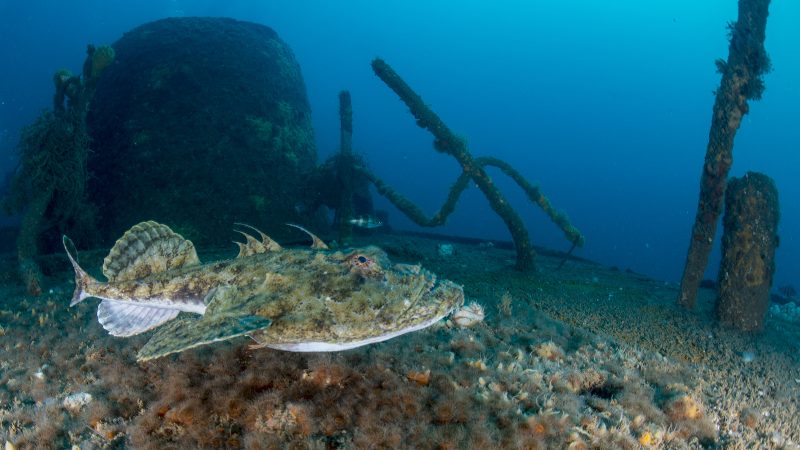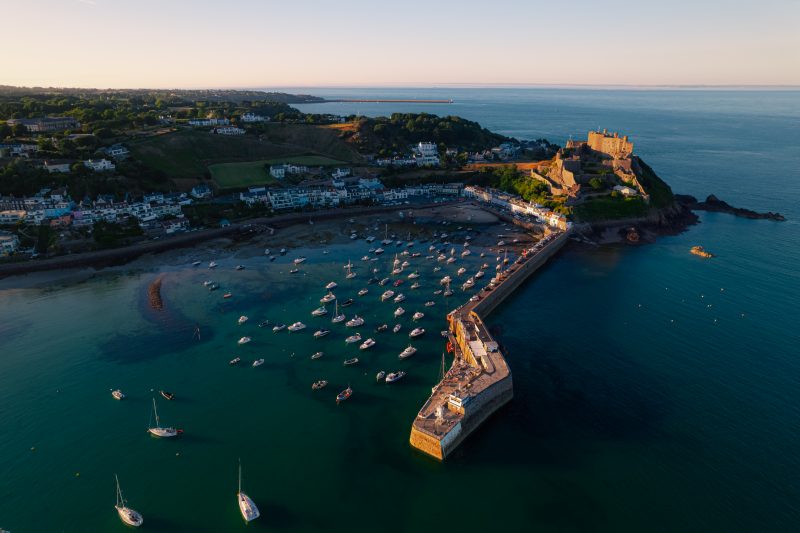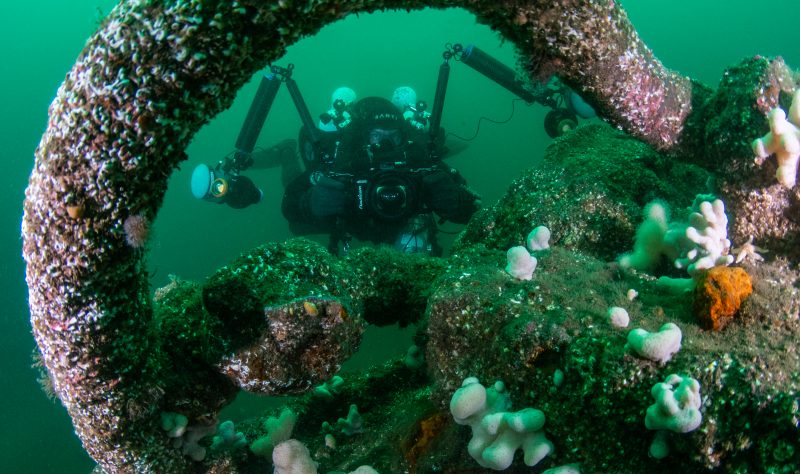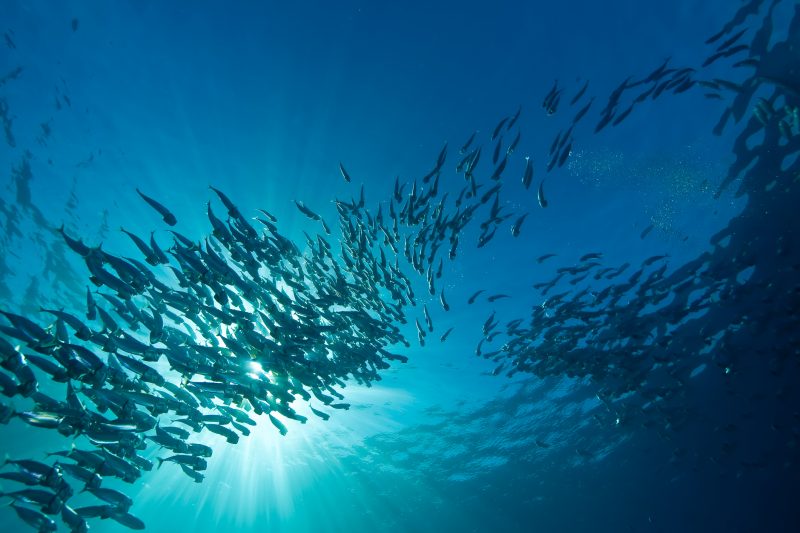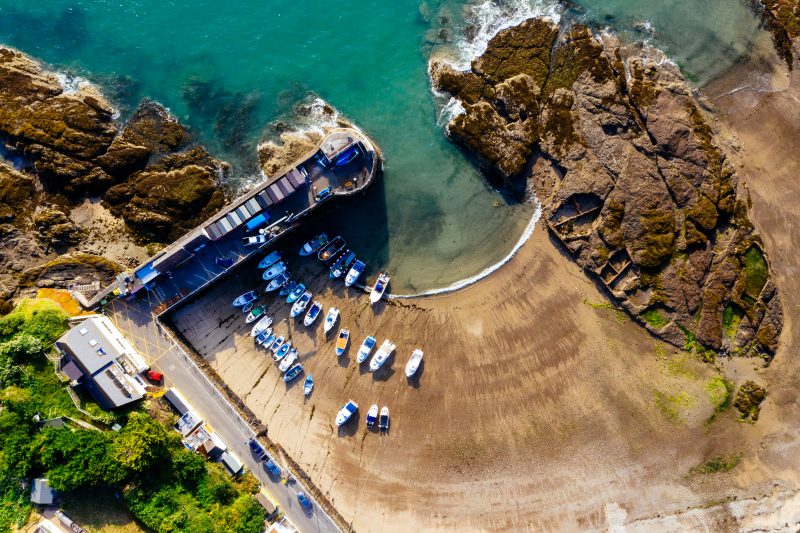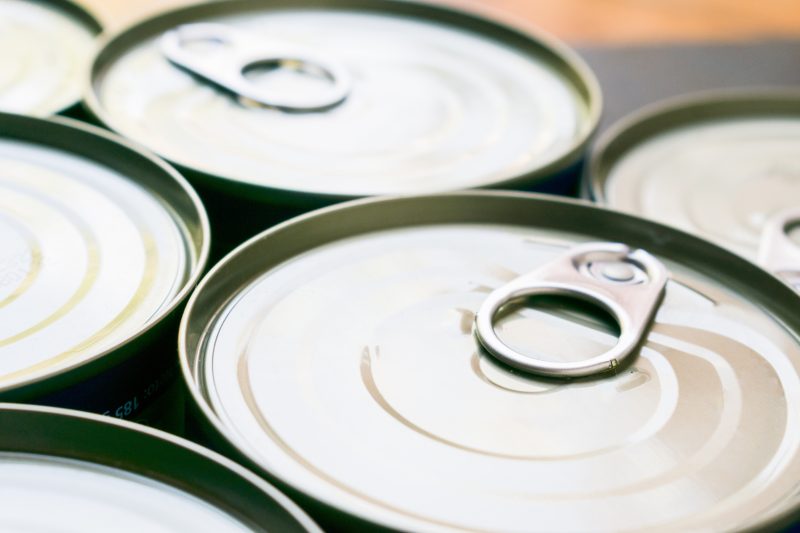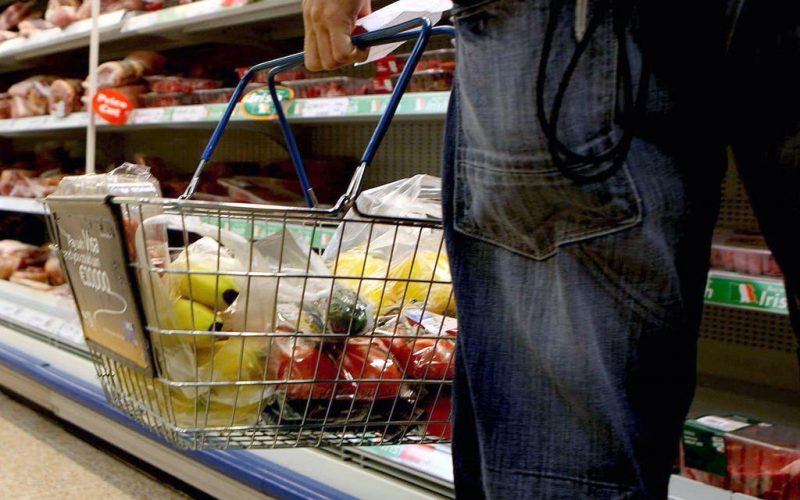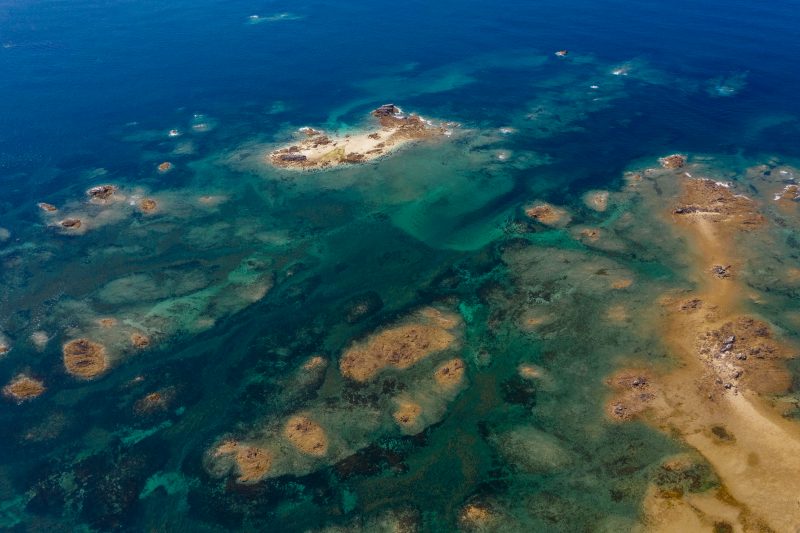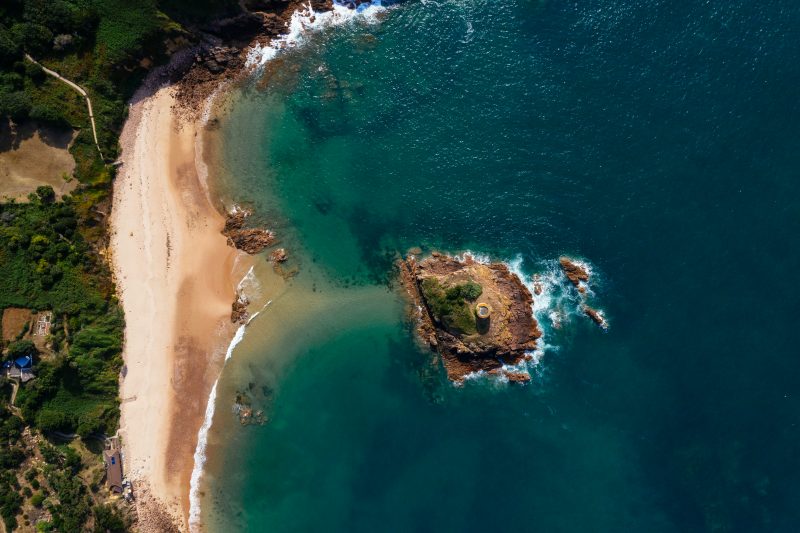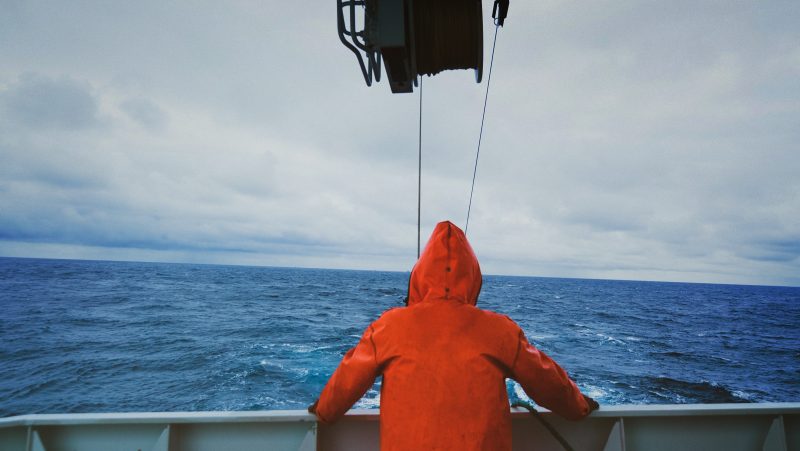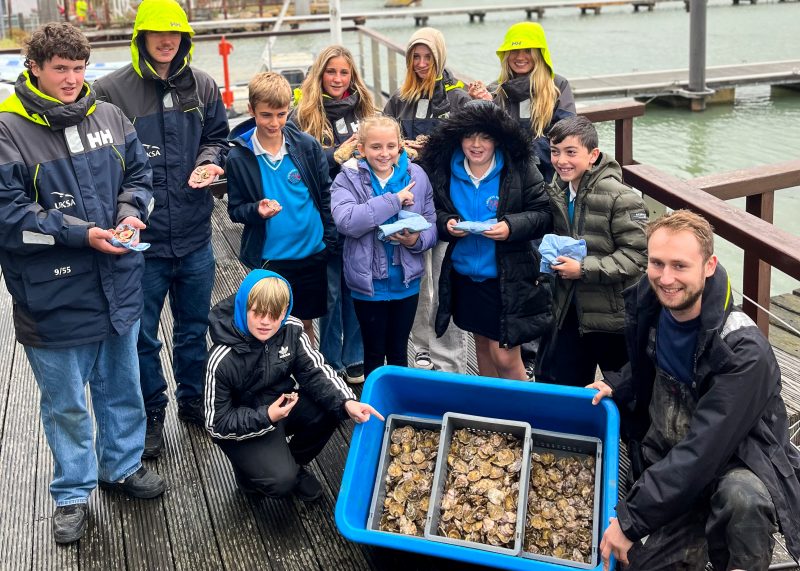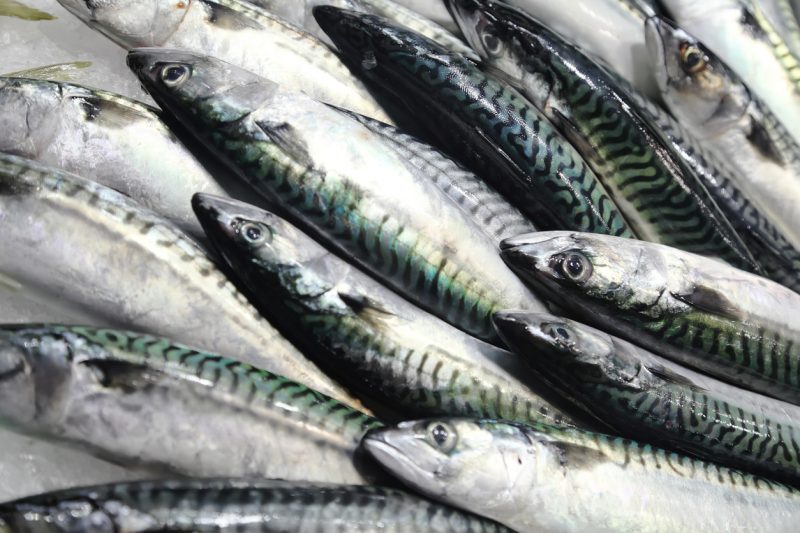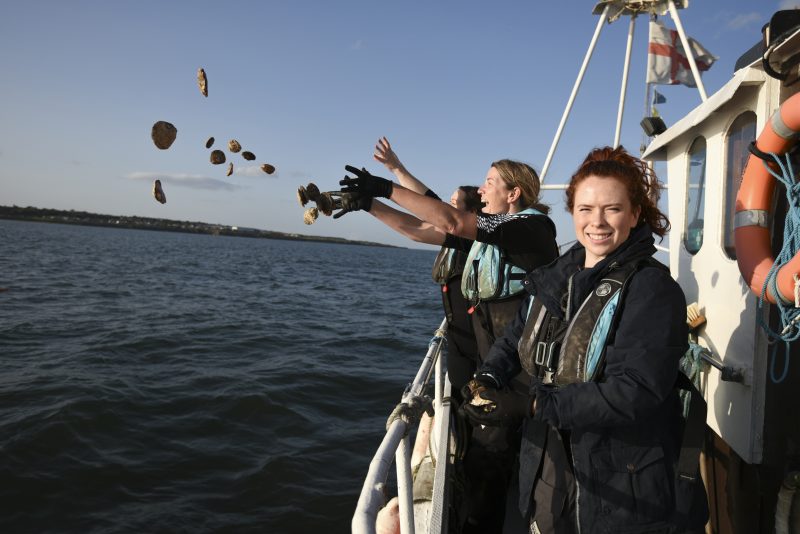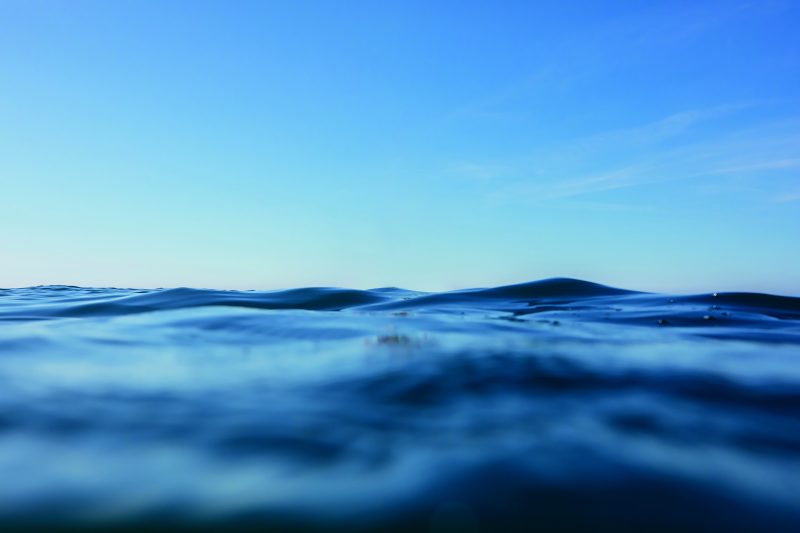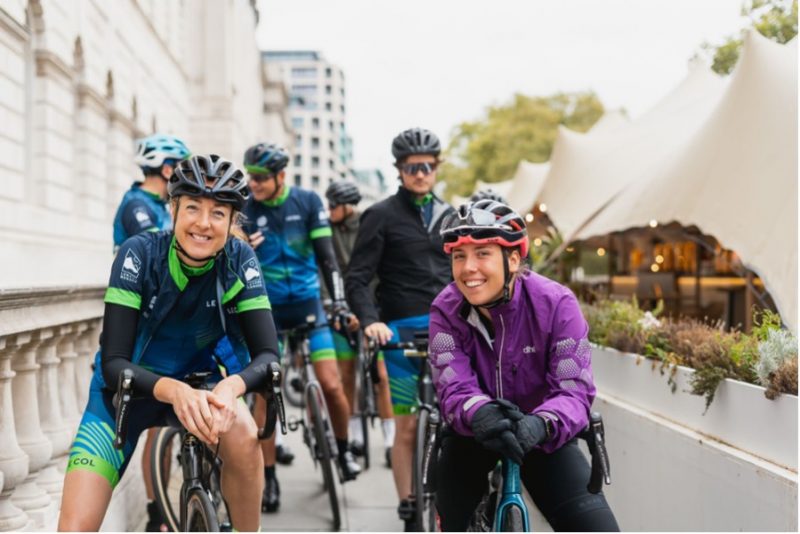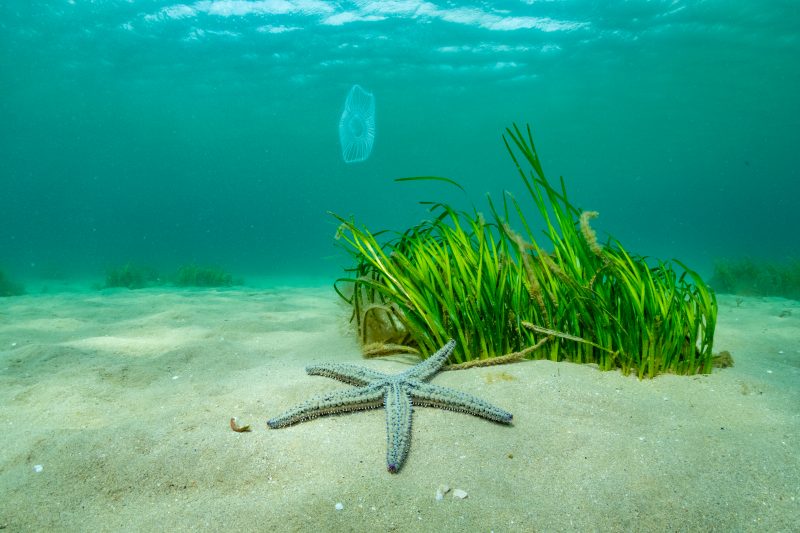Small-boat fishermen facing new restrictions on the quantity of seafood they can catch have accused the government of threatening to bring an end to their traditional way of life.
Ministers have begun moves to cap the catches of more than 600 of just under 3,000 small fishing boats around the country.
The measures have infuriated small-scale fishermen who claim the government is bringing an end to flexibility in what they catch, and of punishing them for helping to conserve fish and shellfish populations.
Ministers want to cut down on “latent capacity”, the seafood for which there is a quota but which goes uncaught, among the English fleet of boats that are less than 10 metres long. They are imposing a 350kg cap on those who from 2010 to 2013 caught less than 300kg a year.
Fishermen in Lyme Bay, who agreed voluntary controls in the area to prevent overfishing, are among those furious at the threat to take away their quota and fearful for the future.
Angus Walker, based in Exmouth, said: “We are being punished for being responsible. Just as we felt we were getting somewhere and were able to flourish.
“This could mean the end of the traditional fisherman. It’s going to take a while – we aren’t going to fade away instantly – but it will happen.”
He warned that the capping will lead to uncapped licences becoming more expensive which will prevent the next generation of fishermen from being able to afford them. In time, he warned, businesses will take over the licences just as they have in the over-10 metre sector where “slipper skippers” control the boats but never go to sea.
He added: “It isn’t just the loss of the single-handed fisherman. We are going to lose more than that. There are other industries like tourism that will lose if the boats aren’t in the water.”
Aubrey Banfield, based in West Bay, is among those in the inshore fleet who believe large-scale fishing interests, including producer organisations, have successfully lobbied Defra for an unfair advantage.
“I think it’s diabolical and unjust of the government and Defra who will take a steer from representatives of the producer organisations, the big organisations, and drive in a direction that is only detrimental to the inshore fleet.”
Rob King, based in Lyme Regis, said the capping will change how the traditional fisherman operates, in particular in preventing him from switching from one species and type of fishing to another when population changes, often seasonal, demand it.
“If you take a small port like Lyme Regis there are about six boats being capped – about a third of the fleet in Lyme Regis,” he said. “We can find ways to continue to fish but it’s not the way we have done it in the past. It’s fair to say it’s going to fundamentally affect the way things have been done.”
“If we want to make a living we have to be flexible. I do a bit of potting, a bit of netting and a bit of rod and line. That’s the very nature of being a small-boat fisherman in an area like this.
“If you get a capped licence, to continue to make a living, where we might have spread our activities across a variety of species and fishing methods, you are almost forced to concentrate on one or two things and you will have to raise the intensity of the way you fish.”
Charles Clover, chairman of the Blue Marine Foundation, a conservation charity working with fishermen in Lyme Bay on the south coast, expressed concern at how the quota capping would affect fishing on the south coast and other parts of the country.
He said: “Fishermen here have deliberately limited their catches in recent years. They want to ensure fish and shellfish recover to – or remain at – healthy levels that will allow the area to be fished for generations to come.
“Capping their licences punishes them for acting responsibly while those elsewhere who just take all they can could be rewarded. It’s madness.”
Dave Cuthbert, chief executive of the New Under Ten Fishermen’s Association (Nufta), echoed fears of an end to traditional one-man businesses in the sector.
“There will be fewer licences in the system. The value will only go upwards,” he said. “The only people who get on will be those with money which will be company boats. The individual fisherman will disappear. The only people who have the licences will be companies.”
The measures come at a time when one of the favoured non-quota alternatives, bass, is in steep decline and has had stiff new restrictions placed on their capture. Fishermen who would now switch to quota species will find themselves limited to catch no more than 350kg.
Small-scale fishermen are already frustrated at the lack of quota allocated to them. They get about six per cent of the total while 94 per cent is given to the larger industrial boats. Earlier this year Greenpeace lost a legal challenge to the way the government distributes quota.

